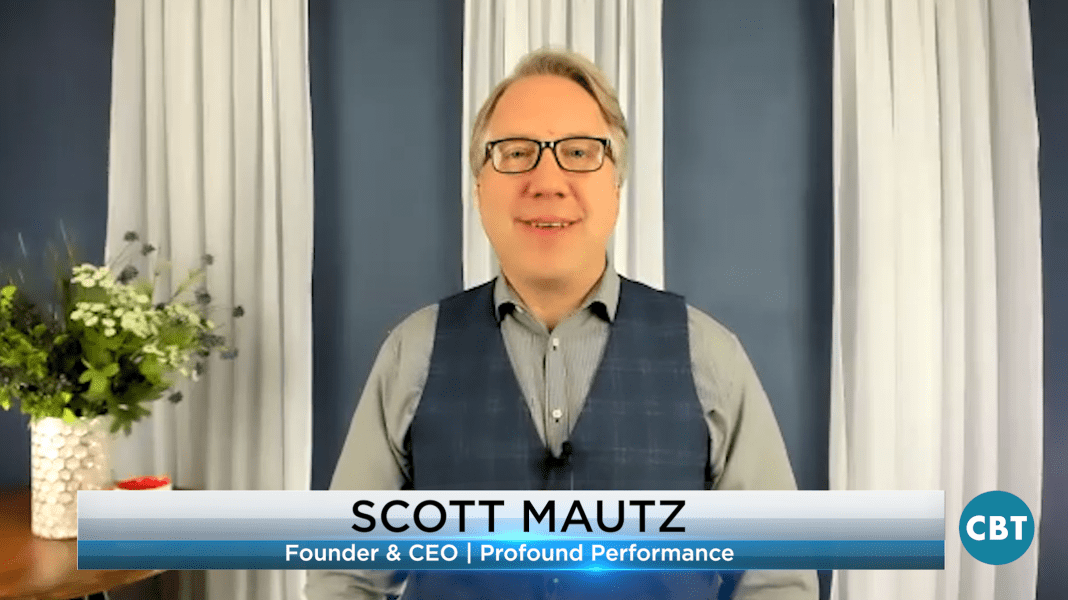This past May, we took a look at leadership from the middle of an organization with keynote speaker and New York Times best-selling author, Scott Mautz. His book, Leading from the Middle: A Playbook for Managers to Influence Up, Down, and Across the Organization, has been wildly successful since its release, and he joins us today to share his perspective on influencing peers who you have no authority over.
When understanding influence, it’s important to also understand negative peer relationships. When interacting with a peer that is difficult to work with, Mautz says to stop wishing that they were different. It’s so vitally important to take the initiative and start creating small bridges between yourselves. Research has shown that one of the biggest reasons a difficult co-worker remains in a difficult relationship with you, is because both parties are avoiding the relationship. Assumptions and resentments start to build beneath the surface. However, you can also choose how much power you will let that co-worker have over you.
To truly influence your peers in an effective way, Mautz recommends four things that make up the golden rule of influence:
- Show compassion
- Listen
- Give
- Extend knowledge
By doing these four things, Mautz explains, “I can promise you, you’re going to disproportionately have influence over [peers] even though you don’t have the job title that directs them.”
Another tip is to make unexpected investments. People don’t typically expect much from their co-workers. However, having one-on-ones and investing time in creating bridges is an unexpected investment in that person. You can also compliment a co-worker to their boss, which is again, unexpected.
You can also positively influence your peers by being an expert in your area of the business. Come prepared to meetings with knowledge and add the most value. That is what attracts peers to want to work with you. They see success and they want to be part of success.
Make sure to have your peers’ back as well, and spread positive gossip whenever you can. When positive gossip is heard, it is four times more powerful than when negative gossip is heard.
For more peer influence tips, catch the complete interview above.
Did you enjoy this interview with John Fitzpatrick? Please share your thoughts, comments, or questions regarding this topic by submitting a letter to the editor here, or connect with us at newsroom@cbtnews.com.
Be sure to follow us on Facebook and Twitter to stay up to date or catch-up on all of our podcasts on demand.
While you’re here, don’t forget to subscribe to our email newsletter for all the latest auto industry news from CBT News.










